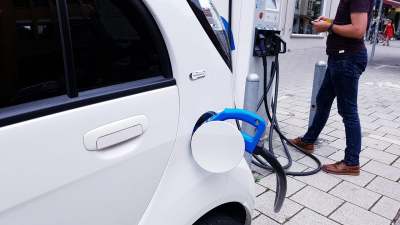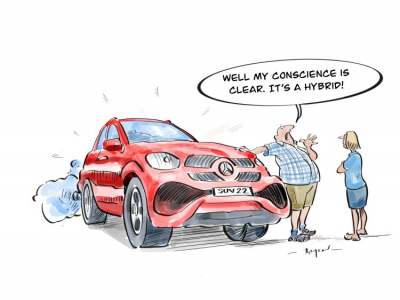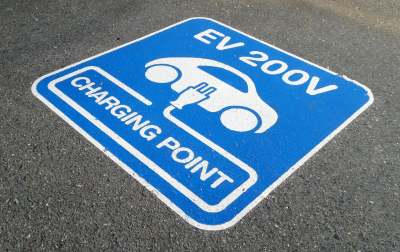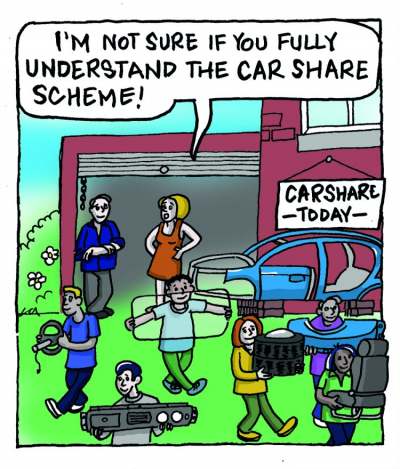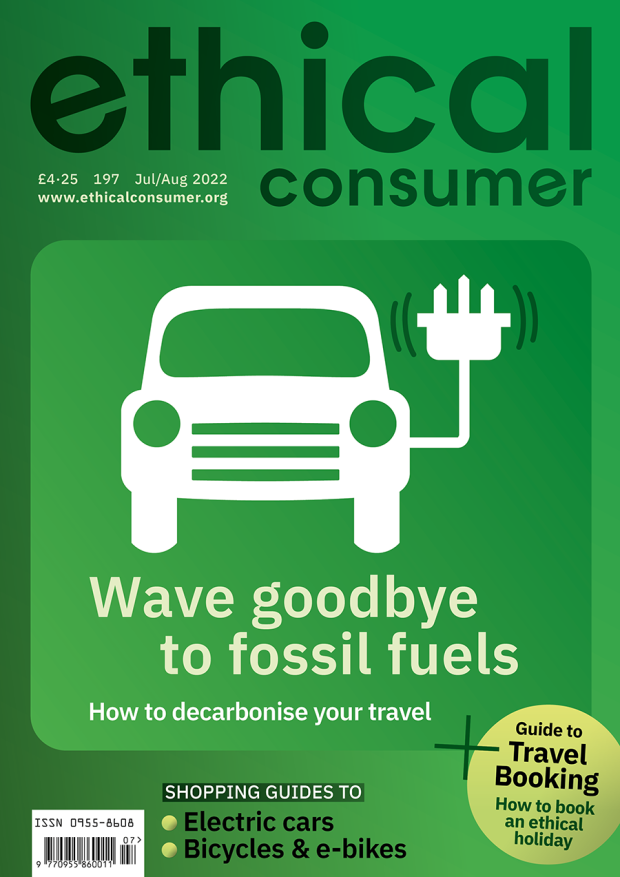The change from petrol and diesel to electric cars
Change comes slowly, and then suddenly all at once. In 2015, pure electric cars made up less than 1% of new vehicles registered in the UK. In 2022, in the year to date, electric vehicle registrations were close to 15%.
And at the global and legislative level too, it is really starting to look like the great internal combustion engine (ICE), first seen in 1876, is finally being told to lay its wee tired carburettor down to rest.
Over 40 countries have announced upcoming bans of sales of new ICE passenger cars, ranging from 2025 in Norway, to 2030 in Germany, 2035 in China and 2050 in Indonesia. In the UK, all new sales of pure ICE cars are to end by 2030, although hybrids will still be able to be sold up until 2035. And the European Parliament has also voted in favour of revised regulation on C02 standards of all new cars and vans sold from 2035 to be zero emissions.
Some companies have dragged their feet. In March 2021, the Guardian revealed that BMW, Ford, Honda, Jaguar Land Rover, and McLaren had lobbied the government hard not to bring the ICE ban forward from 2040. Honda and Ford have also succeeded in getting them to exempt hybrids until 2035, rather than the 2032 date the Climate Change Committee had wanted, by talking ominously of job losses at British car factories, most of which currently produce hybrids. All these companies lost marks in our political activities category.
However, it is clearly the rapid development of electric vehicles (EVs) that has given governments the confidence to act. And Tesla, the only dedicated EV company in this guide, undeniably helped – shifting the EV’s image from milk float into lightning bolt.


